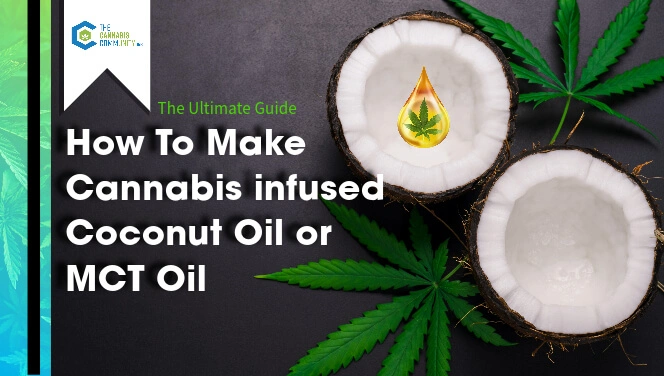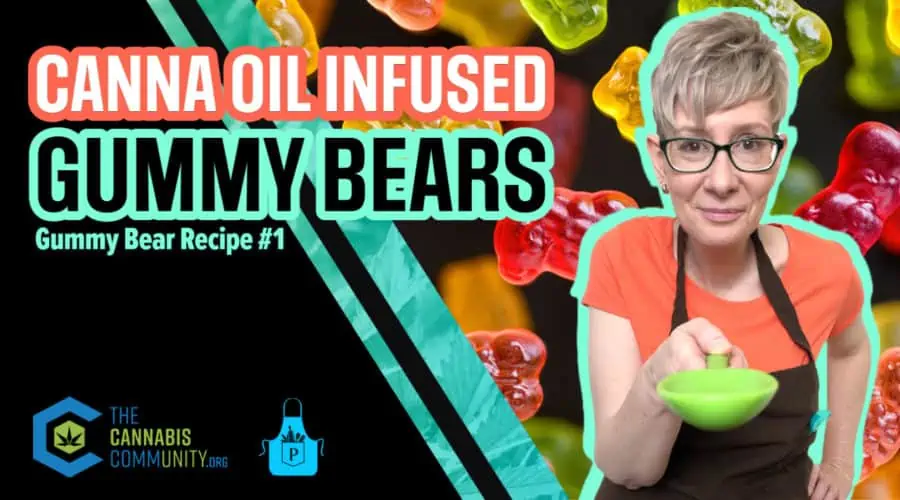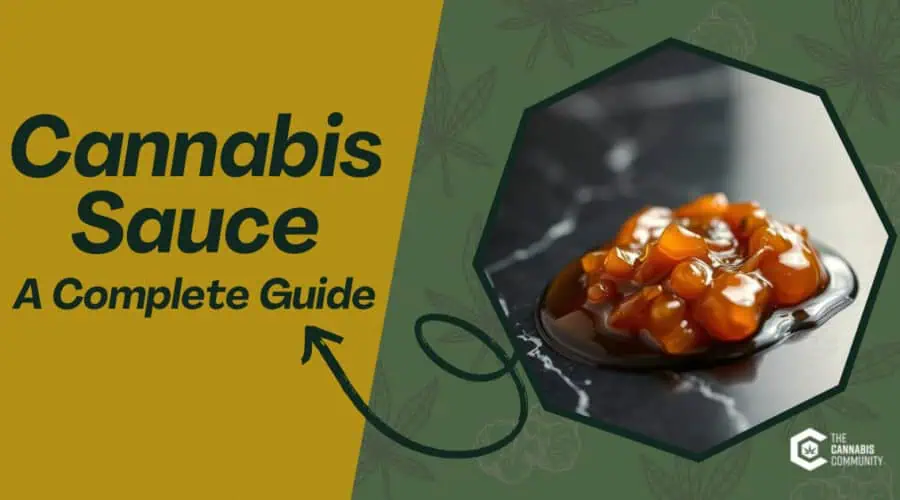Texas Gun Rights Guide for Medical Cannabis Patients
According to the Texas Compassionate Use Act of 2015, doctors who are registered with the Compassionate Use Registry of Texas (CURT) may consider recommending medical marijuana to people with certain qualifying conditions.
Initially, this act made it possible for only those with intractable epilepsy to use low-THC medical cannabis as a treatment. But after this law was passed, a lot about how the state of Texas felt about medical cannabis.
Since 2015, the program has grown twice, making it possible for people with more than 150 conditions to get medical marijuana. At present, this program is open to patients with the following conditions:
- Epilepsy
- A seizure disorder
- Multiple sclerosis
- Spasticity
- Amyotrophic lateral sclerosis
- Autism
- Cancer
- Post-traumatic stress disorder
- An incurable neurodegenerative disease
The bill also set up the state’s official medical cannabis program, called the Compassionate Use Program.
In 2021, when the Compassionate Use Program grew, the amount of THC in the final weight of the allowed products went up from 0.5% to 1%. This means that a gummy with a weight of 1 gram can have up to 10 milligrams of THC, a gummy with a weight of 2 grams can have up to 20 milligrams of THC, and so on.
It is still illegal in the state of Texas to have more than 0.3% THC by weight of cannabis without a prescription from a registered doctor for an approved condition.
Texans that have qualifying conditions do not need to have medical cards, which is different from other states.
Instead, doctors who can write medical cannabis prescriptions upload their patients information to the Compassionate Use Registry of Texas system, which is run by the Department of Public Safety (DPS).
CURT is designed to prevent more than one qualified doctor from registering as the prescriber for a single patient.
It can be used by law enforcement and dispensing organizations to verify that a patient has been prescribed low-THC cannabis, and it lets a doctor enter data about the safety and efficacy of low-THC cannabis treatment for patients.
DPS also handles the licensing of organizations in the Compassionate Use Registry of Texas which sells low-THC cannabis to people who need it.
Does Having a Medical Cannabis Card Mean Not Being Eligible for a Gun License in Texas?
Even if a US state has legalized or decriminalized marijuana use or possession for medical or recreational purposes, it is still against the law at the federal level.
The federal Gun Control Act states that it is against the law for a person “who is an illegal user of or addicted to any controlled substance” to have, get, or transport firearms or ammunition. People worry that if they take part in a medical marijuana program, they might lose their right to own guns.
But the Texas Department of Public Safety said that they don’t think participation in the state’s Compassionate Use Program makes a person ineligible to own a gun or get a Texas License to Carry. However, a patient’s underlying condition could make them ineligible.
If a person’s medical condition could make it hard for them to make good decisions, DPS may send the case to the Medical Advisory Board under the Texas Department of Social and Health Services (DSHS) for review and advice.
If the Board decides that the person is “unable to use good judgment about how to use and store a handgun,” DPS will either deny their application or take away their LTC.
Meanwhile, the US Congress has told the US Department of Justice not to spend money on enforcing federal cannabis laws on the state level. So, state laws rule.
Having said that, being part of CURT won’t prevent you from owning or getting a firearm, provided that DPS sees you as a responsible person who can make sound judgments when handling it.

Can You Take Your Gun to a Dispensary in Texas?
Texas is a “shall-issue” state, which means that the state’s Department of Public Safety gives out licenses to carry concealed weapons. When buying a handgun from a private person, you don’t need a permit, a background check, or to register the gun.
As of September 1, 2021, anyone over 21 who can legally own a handgun will be able to carry a gun openly or in a concealed way without a permit. The new law applies to both carrying a firearm openly in a holster and carrying a concealed gun, in a way that no part of it is visible.
The law in Texas is very clear that handguns that are carried in plain sight must be kept in a holster.
Anyone who is 18 to 20 years old in Texas is able to carry a handgun outside their home if they have a Texas license to carry (LTC) granted by Texas DPS, and anyone who is over 21 is able to carry a handgun outside their home without needing a license or permit.
As of September 1, 2021, these locations are off-limits to concealed carry, even with a permit:
- On the physical premises* of an elementary or secondary school or educational institution, any grounds or building on which a school-sponsored activity is being conducted, or a passenger transportation vehicle of a school or educational institution, without authorization
- On the premises* of an institution of higher education, any grounds or building on which a school-sponsored activity is being conducted, or a passenger transportation vehicle of an institution of higher education
- Premises* where a professional sporting event is taking place
- Premises* of any government court or offices utilized by the court, unless authorized by the court
- Premises* of a racetrack
- Polling places on election day or while early voting is in progress
- Premises* of a correctional facility
- Premises* of a civil commitment facility
- Within 1,000 feet of any premises* of a place of execution on a day that a sentence of death is set to be imposed by the Texas Department of Criminal Justice
- On the premises* of a business that derives 51% or more of its income from the sale or service of alcoholic beverages for on-premises* consumption (posted with a red sign with “51%” in large red letters superimposed over a warning that says possession of a concealed weapon on the premises* is a felony).
As of September 1, 2021, these locations are off-limits to permitless carry:
- On the physical premises* of an elementary or secondary school or educational institution, any grounds or building on which a school-sponsored activity is being conducted, or a passenger transportation vehicle of a school or educational institution, without authorization
- Within 1,000 feet of a school (outside of school buildings)
- On the premises* of an institution of higher education, any grounds or building on which a school-sponsored activity is being conducted, or a passenger transportation vehicle of an institution of higher education
- Premises* where a high school, collegiate or interscholastic event is taking place
- Premises* where a professional sporting event is taking place
- Polling places on election day or while early voting is in progress
- Premises* of any government court or offices utilized by the court, unless authorized by the court
- Premises* of a racetrack
- Secured area of an airport
- On the premises* of a business that derives 51% or more of its income from the sale or service of alcoholic beverages for on-premises* consumption (posted with a red sign with “51%” in large red letters superimposed over a warning that says possession of a concealed weapon on the premises* is a felony)
- On premises* where the possession of any concealed weapon is illegal
- Premises* of a correctional facility
- Premises* of a civil commitment facility
- Within 1,000 feet of any premises* of a place of execution on a day that a sentence of death is set to be imposed by the Texas Department of Criminal Justice
- Premises* of a hospital
- Premises* of a mental hospital or nursing home
- Premises* of a permanent amusement park
- In the room of an open meeting of a governmental entity
- Any place where the carrying of firearms is prohibited by federal law
Note: “Premises” means a building or a portion of a building. The term does not include any public or private driveway, street, sidewalk or walkway, parking lot, parking garage, or another parking area.
In Texas, you can carry your gun in a dispensary if you are over 21. You need a DPS LTC to carry your gun in a dispensary if you are between 18 and 20 years old.
Can You Consume CBD and Own a Gun in Texas?
Both state and federal laws have changed how they look at CBD over the past few years.
The 2018 Farm Bill went into effect at the federal level on December 20, 2018. This bill made hemp production legal, and hemp and hemp seeds were taken off the list of controlled substances kept by the Drug Enforcement Administration (DEA).
Following that, the state of Texas had to plan to track and control the production of industrial hemp and also set legal requirements for growing hemp, such as getting a license and taking tests.
Throughout Texas, CBD products became available for purchase in 2019.
CBD is legal to own and sell in Texas as long as it doesn’t contain more than 0.3% THC. Products that have more than 0.3% THC are against the law.
CBD has been widely used and sold in Texas, so consuming it while owning a firearm is no problem. Remember that you should have a concealed carry license if you’re 18-20 years old.
Get Certified for a Medical Marijuana Card in Texas
Enjoyed This Content? Read More:
-
How to Make Cannabis-Infused Coconut Oil or MCT Oil: Crockpot Recipes
In this guide, you’ll learn how to make cannabis-infused coconut oil or MCT oil, decarboxylate cannabis, or choose to infuse cannabis into any oil of your choice.
-
How to Make THC Gummy Bears with Canna Oil
This is a great no-fail recipe for beginners. The corn syrup in this recipe will help your gummy bears have that nice and chewy texture we’ve all come to love.
-
Understanding Hemp Concentrate Extraction Methods
Hemp extraction processes are essential for creating a variety of cannabis concentrates. Each method, from solvent-based to rosin pressing, contributes uniquely to the final product’s quality and characteristics. Hemp plants are rich in cannabinoids and terpenes, which are extracted through various methods to produce concentrates. These processes are crucial for maintaining the integrity and potency…
-
What Is Cannabis Concentrate Sauce? A Guide to Terpene-Rich THC Extracts
Learn what terp sauce is — a potent cannabis extract rich in terpenes and flavor. Explore top concentrates and find your next favorite cannabis product.
-
What Is Kief? Benefits, Uses, and How to Collect This Potent Cannabis Concentrate
Kief is a potent cannabis concentrate made from cannabis flower trichomes. Discover how this hash-like extract is collected and used & why fans love it.







